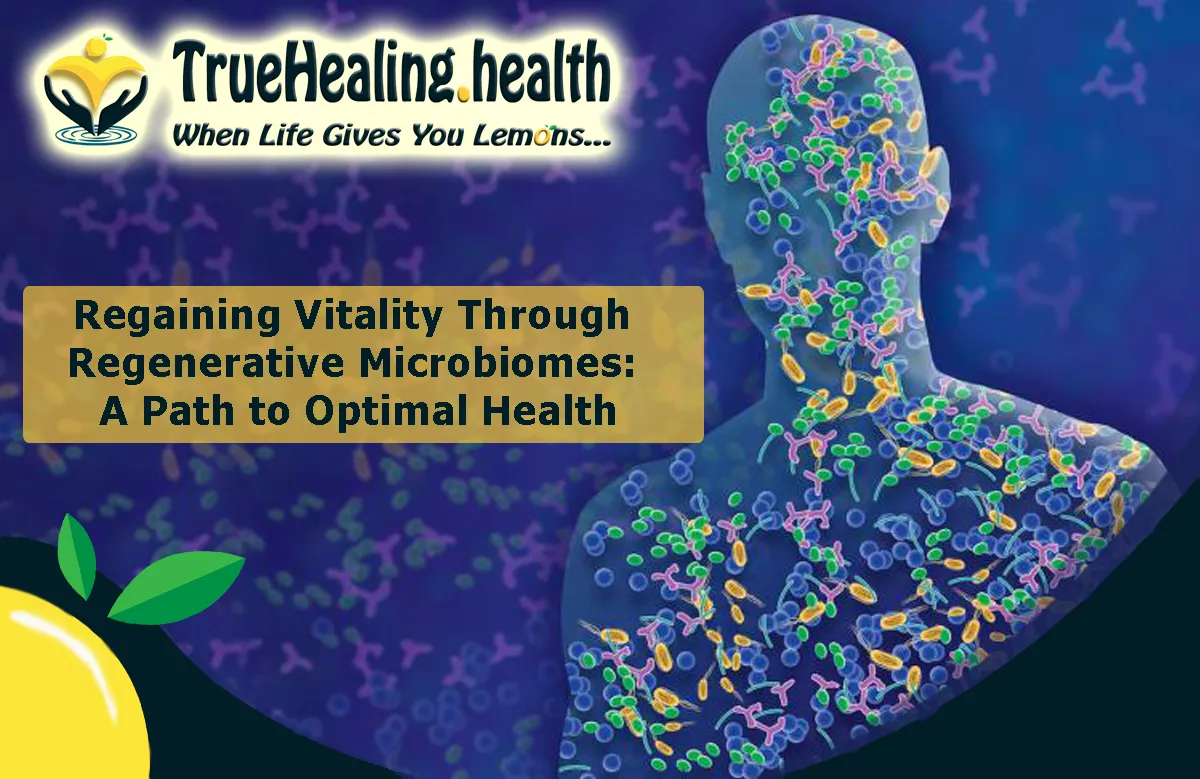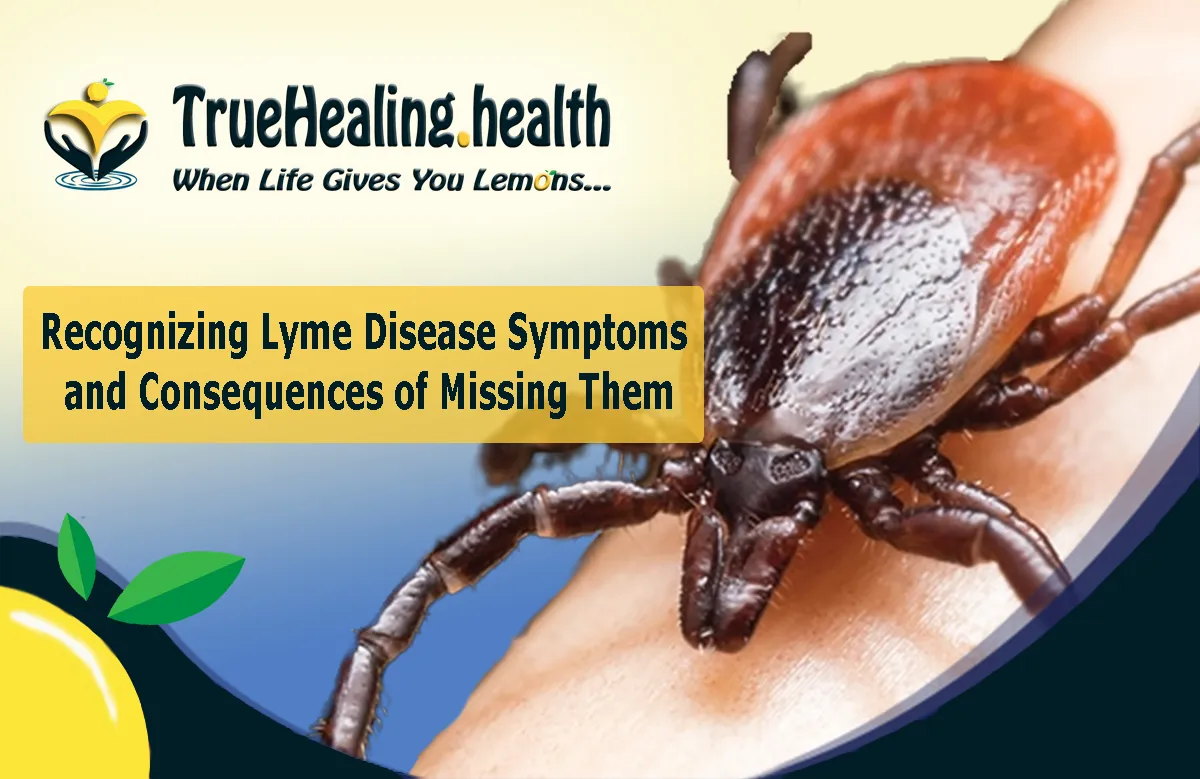Understanding the Allergy-Depression Connection
Defeating Depression: Part 1
How Allergies Are Stopping You from Healing
In this first installment of our series on defeating depression, we delve into the intriguing link between allergies and mental health conditions, particularly focusing on how allergies can be a hidden hindrance to healing from depression. Allergies often do more than just make you sneeze or cause a runny nose; they can significantly impact your mood and mental well-being. The connection between seasonal allergies and mood disorders like depression and anxiety is more profound than many realize. This article explores how allergies might be hindering your recovery from major depression and offers practical steps to identify and manage these hidden triggers. Whether you're dealing with anxiety and depression yourself or supporting someone who is, understanding this connection is crucial for effective healing.
What Are Allergies and How Do They Affect Your Mood?
Allergies occur when your immune system reacts to a normally harmless substance, such as pollen, dust, or certain foods. This reaction can cause various symptoms, from sneezing and itching to more severe responses like anaphylaxis. Allergic rhinitis, commonly called hay fever, is one of the most prevalent forms of allergy and involves symptoms triggered by high pollen counts. But did you know that allergies can also affect your mood? When you consume something you're allergic to, it can trigger a liver response that uses up enzymes needed for brain chemicals, leading to mood changes like irritability and depression. This connection between allergies and mood is crucial in understanding allergic rhinitis's broader health effects.
.
Can Food Allergies Cause Depression?
Indeed, food allergies can contribute to depression. When your body reacts to an allergen, it can cause inflammation and affect the production of neurotransmitters like serotonin and dopamine, which are crucial for mood regulation. The inflammatory response triggered by allergens can exacerbate symptoms of depression, leading to sadness, fatigue, and brain fog, making it difficult to cope with daily life. This link between allergies and depression highlights the importance of addressing allergy symptoms as part of managing mood disorders like depression.
How Does the Liver Play a Role in Mood Changes?
The liver is a vital organ that processes nutrients and detoxifies the body. When you have a food allergy, your liver uses enzymes to deal with the allergen, depleting the enzymes needed for producing brain chemicals. This can result in mood swings and other mental health issues, as the brain is deprived of the chemicals it needs to function properly. The role of the liver in mood regulation underscores the connection between allergies and depression, emphasizing the need for comprehensive allergy management to support mental health.
What Is Leaky Gut and How Is It Connected to Allergies?
Leaky gut syndrome occurs when the lining of the intestines becomes permeable, allowing undigested food particles and toxins to enter the bloodstream. This can trigger an immune response and lead to new allergies. Over time, a leaky gut can exacerbate mental health issues by causing chronic inflammation and affecting neurotransmitter production. The health of the gut is intricately linked to both allergic responses and mood disorders, making it a key focus in understanding the pathogenesis of depression associated with allergies.
How Can You Identify Your Allergens?
Identifying allergens can be challenging, as symptoms can vary widely and may not appear immediately after exposure. One effective method is to keep a symptom diary, recording what you eat and any symptoms you experience. This can help you identify patterns and pinpoint specific foods or substances causing reactions. Understanding your unique allergen profile is essential for managing allergy symptoms and the associated mood changes.
What Are the Most Common Food Allergens?
Common food allergens include dairy, gluten, eggs, and nuts. However, it's important to note that everyone is different, and you may be allergic to foods that are not typically considered allergens. Testing can help identify specific allergens that are affecting you. Recognizing the role of these allergens in exacerbating mood disorders like depression and anxiety is vital for effective treatment.
Is It Possible to Heal from Allergies Over Time?
While some people may experience a reduction in allergy symptoms over time, complete healing is not always possible. Avoiding allergens and supporting gut health can help manage symptoms and reduce the risk of developing new allergies. This management approach is particularly important for those with mood disorders exposed to seasonal peaks in aeroallergens, as it can improve depression symptoms and overall quality of life.
How to Keep a Symptom Diary: A Step-by-Step Guide
A symptom diary involves writing down everything you eat and any symptoms you experience. This can be done in a notebook or a digital app. Over time, you may notice patterns that can help you identify specific allergens. A symptom diary is a crucial tool for anyone experiencing allergies and mood disorders, providing valuable insights into the connection between allergies and mood changes.
What Tests Can Help You Discover Your Allergies?
Several tests, including IgG and IgE tests, are available at medical centers to identify allergies. These tests measure your immune system's response to specific foods and can help pinpoint allergens affecting your mental health. Allergy testing is critical for allergy sufferers, allowing for targeted interventions to improve mental well-being.
How to Create a Diet That Supports Mental Health
Creating a diet that supports mental health involves avoiding allergens and focusing on whole, nutrient-rich foods. This includes a balance of proteins, healthy fats, carbohydrates, and plenty of fruits and vegetables. Consulting with a healthcare professional can help you develop a personalized plan that meets your nutritional needs. A balanced diet is a foundational element in managing allergies and supporting mental health, offering a proactive approach to reducing the risk of depression and anxiety symptoms.
Key Takeaways
- Allergies can significantly impact your mood and mental health, linking allergies often to mood disorders like depression and anxiety.
- Food allergies can lead to depression by affecting neurotransmitter production and causing inflammation.
- The liver plays a crucial role in processing allergens and maintaining mood balance, highlighting the connection between allergies and depression.
- Leaky gut syndrome can exacerbate allergies and mental health issues by contributing to chronic inflammation.
- A symptom diary can help identify specific allergens and effectively manage the connection between allergies and mood.
- Common food allergens include dairy, gluten, and eggs, but individual reactions vary, necessitating personalized allergy management.
- While healing from allergies is not always possible, managing symptoms is achievable through targeted interventions and dietary adjustments.
- Allergy tests can help identify specific triggers affecting your mental health, providing a roadmap for improved mental well-being.
- A balanced diet that avoids allergens and includes nutrient-rich foods supports mental health, forming a cornerstone of allergy management strategies.
By understanding and addressing allergies, you can take a significant step towards improving your mental health and overall well-being. Stay tuned for the next part of our series, where we will explore the role of gut bacteria in depression and how it interacts with allergies.
Frequently Asked Questions
What is the connection between allergy and depression?
The connection between allergy and depression is multifaceted and has been the subject of various studies. Research indicates that individuals suffering from allergic rhinitis or seasonal allergies may experience increased levels of depression and anxiety. This may be due to the physical symptoms of allergies, such as sneezing and nasal congestion, which can significantly impact one’s quality of life. Furthermore, the inflammatory response triggered by allergens can affect neurotransmitter function in the brain, potentially leading to mood disorders, including major depression.
How do seasonal allergies influence mental health?
Seasonal allergies can lead to a variety of allergy symptoms such as fatigue, irritability, and difficulty concentrating. These symptoms can create a cycle where the physical discomfort caused by allergies exacerbates feelings of depression and anxiety. When the pollen count is high, individuals with allergic rhinitis are more likely to experience mood swings and heightened emotional distress. This relationship suggests that managing seasonal allergies may help alleviate some depression and anxiety symptoms.
What role do cytokines play in the allergy-depression connection?
Cytokines are proteins involved in cell signaling within the immune system and play a significant role in the body’s inflammatory response. In individuals with allergies, the release of cytokines can lead to systemic inflammation, which has been linked to the development of mood disorders, including clinical depression. Elevated levels of these inflammatory markers can affect brain function and neurotransmitter metabolism, thereby influencing mood and potentially leading to depression and other mental health conditions.
Can allergy medication help with depression?
While allergy medication is primarily designed to alleviate physical symptoms associated with allergies, such as sneezing and nasal congestion, some individuals may find that treating their allergies can indirectly improve their mood. By reducing the burden of allergy symptoms, patients may experience less irritability and improved overall well-being, contributing to a more positive outlook. The constant discomfort and fatigue that often accompany allergies can take a toll on mental health, leading to feelings of frustration and helplessness. When these symptoms are managed effectively through medication, individuals may find themselves more engaged in daily activities, social interactions, and hobbies that they previously avoided due to their allergy symptoms.
Furthermore, better management of allergy symptoms can lead to improved sleep quality. Many people with allergies experience disrupted sleep due to nasal congestion or nighttime coughing, which can exacerbate feelings of stress and anxiety. By addressing these issues, individuals may enjoy more restful nights, leading to increased energy levels and better mood stability during the day.


















